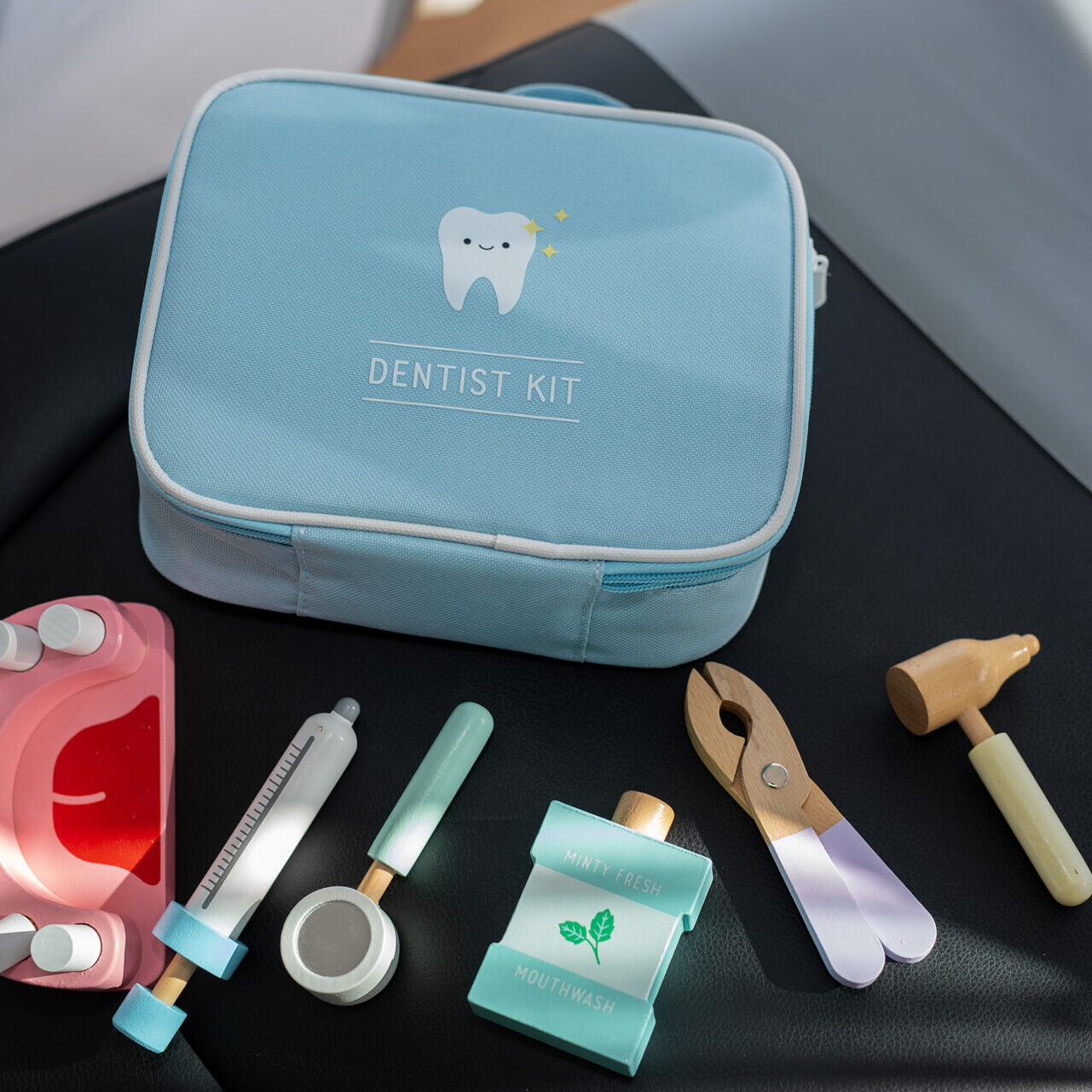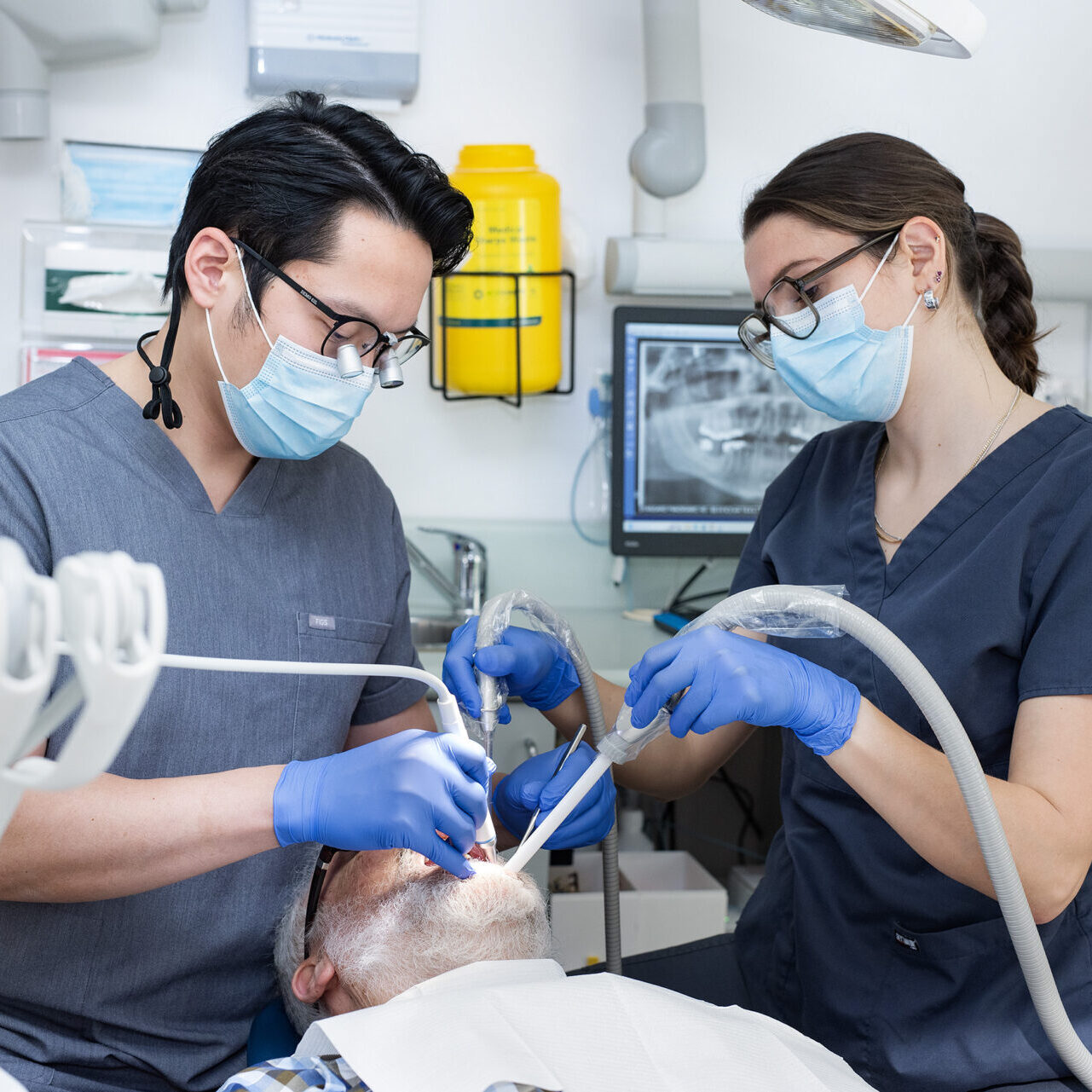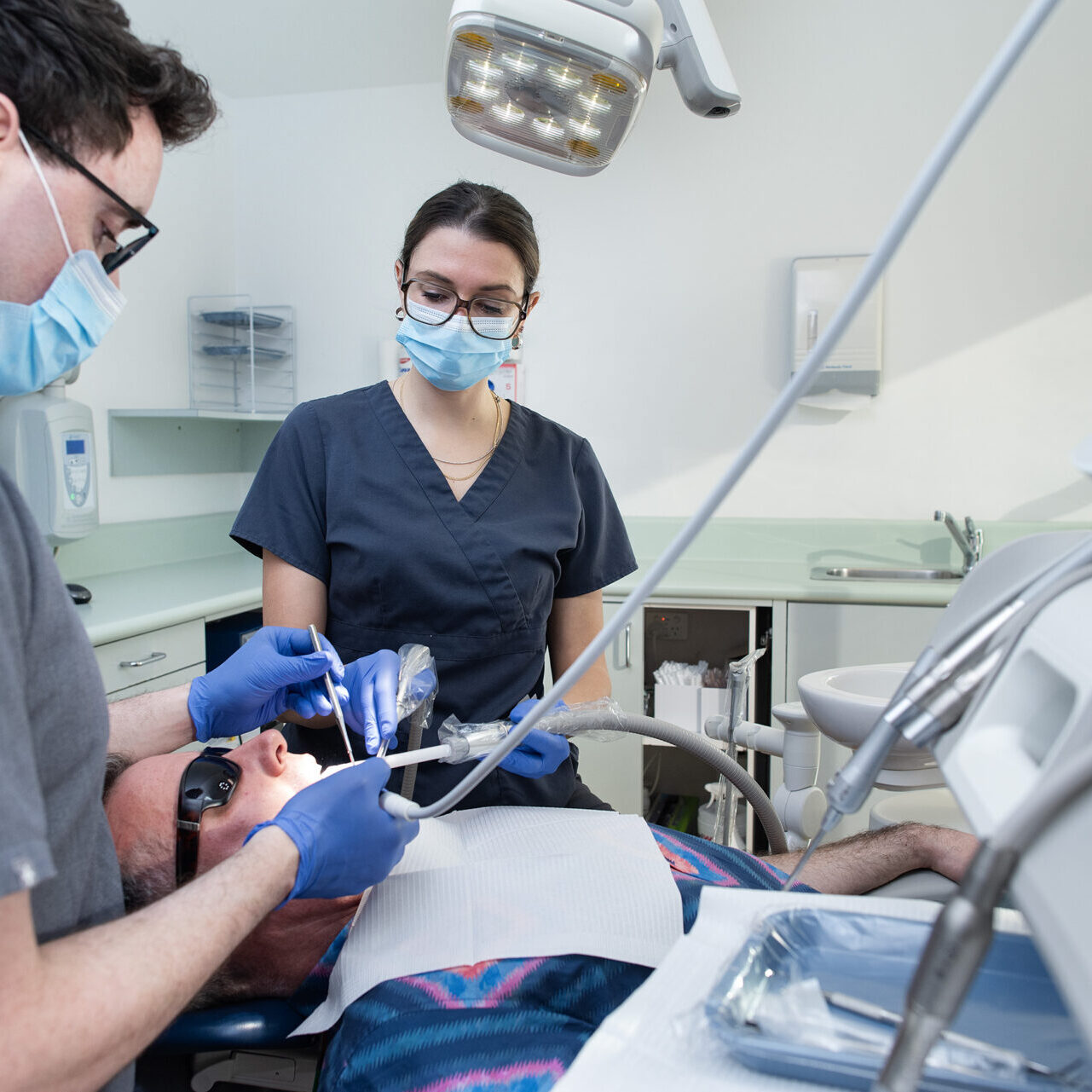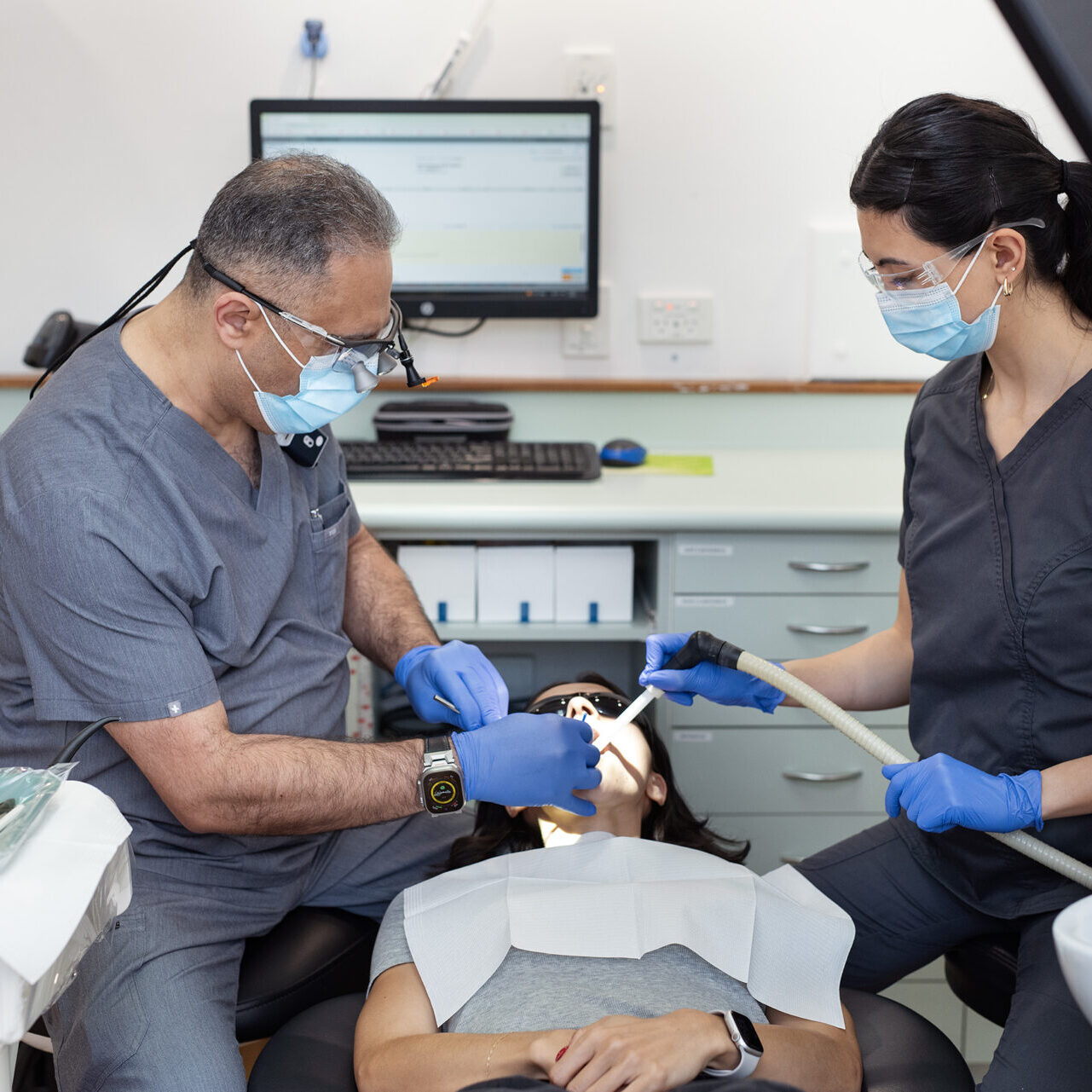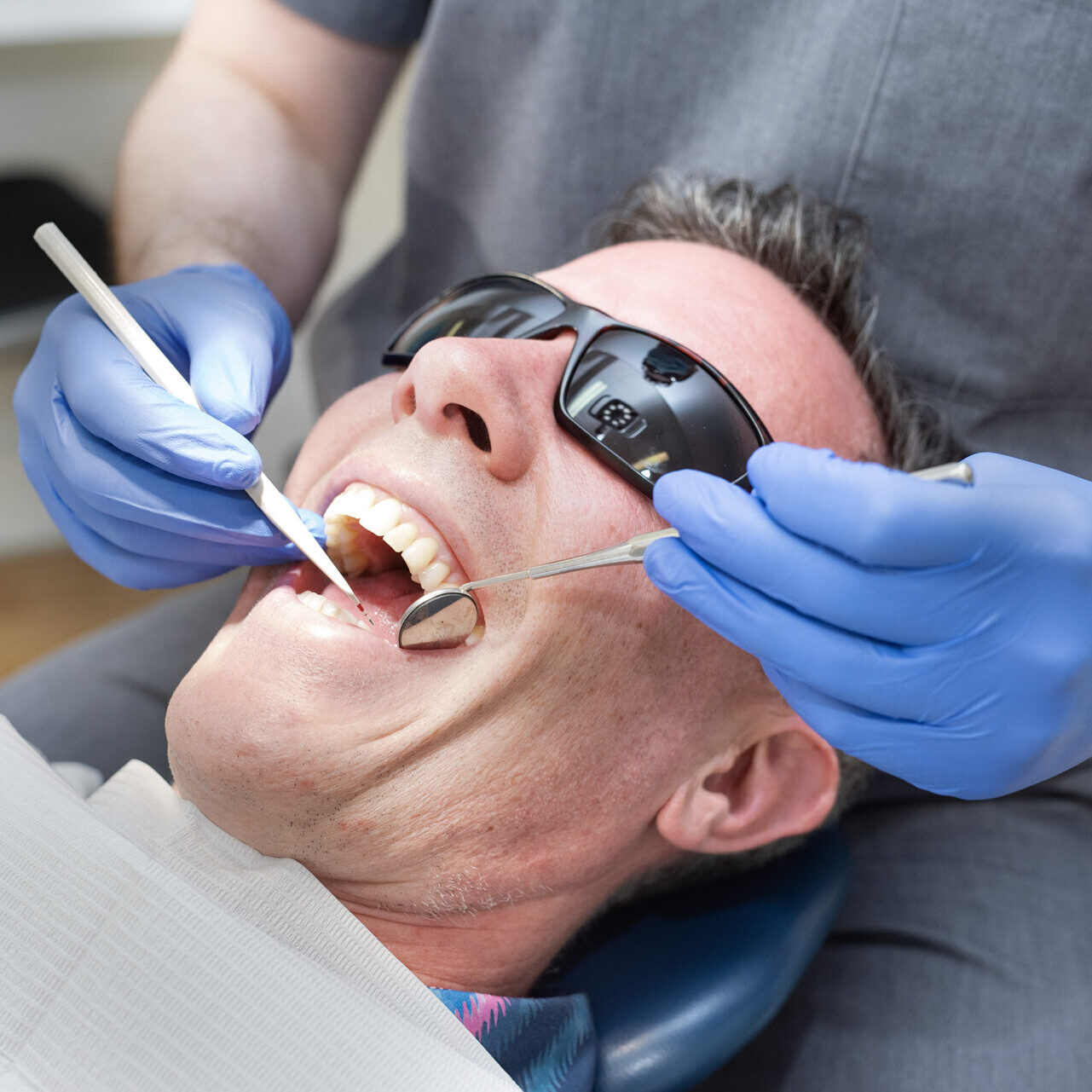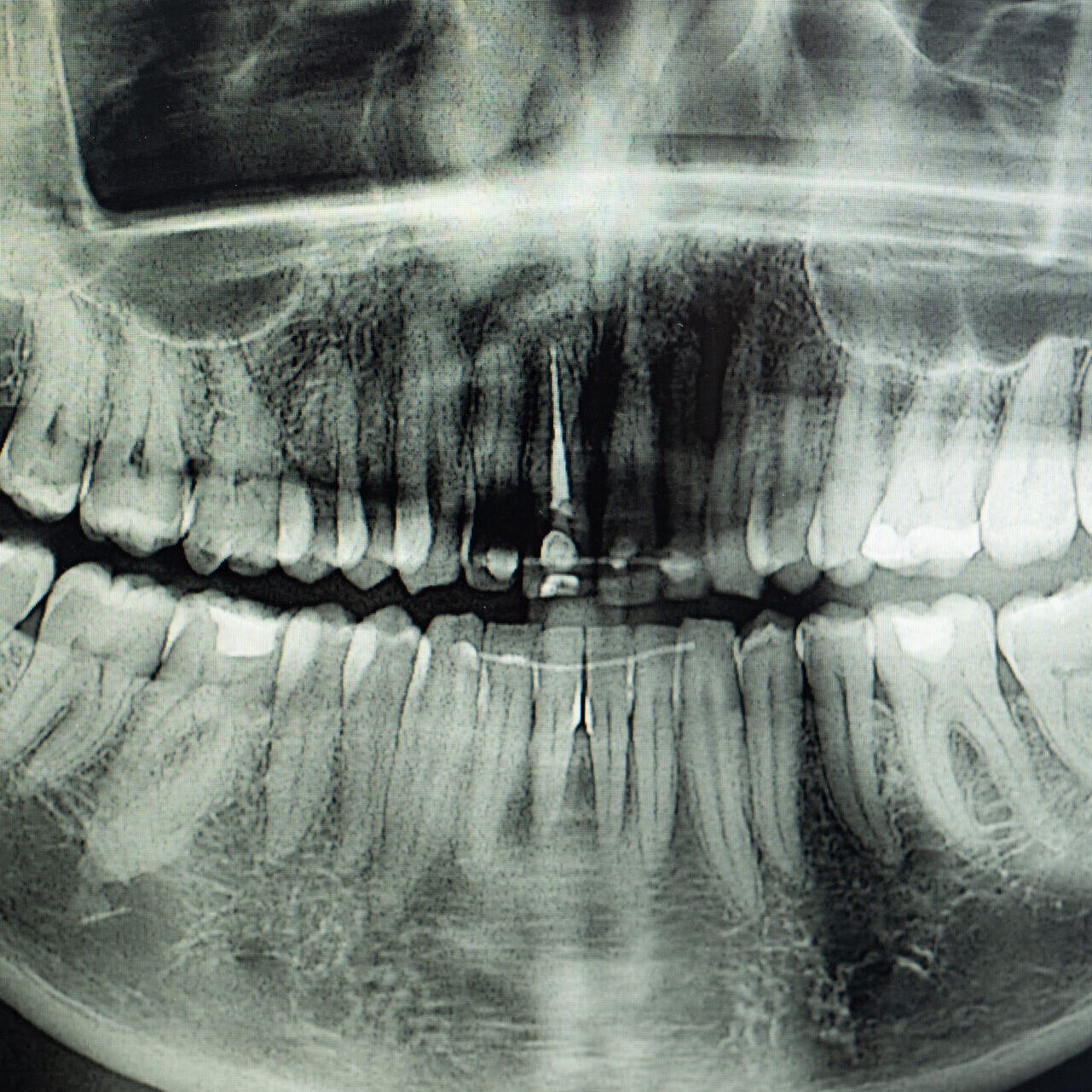Why do I need teeth grinding treatment? – Dental Splint Melbourne
Teeth grinding, or bruxism as it is medically known, is an involuntary behaviour that left untreated could result in headaches, fractured teeth, tooth loss, receding gum lines and lost tooth enamel.
For many, teeth grinding happens at night when they are not aware that it is happening. It may be a partner, constant headaches or the appearance of dental sensitivity that alerts you to the grinding.
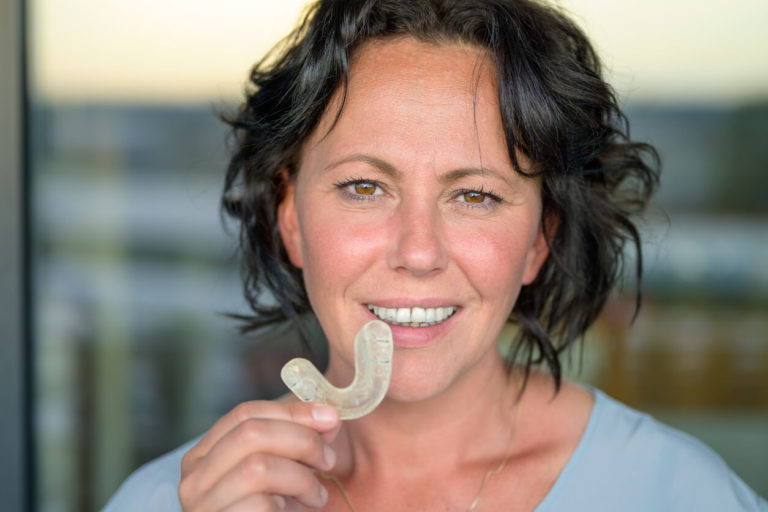
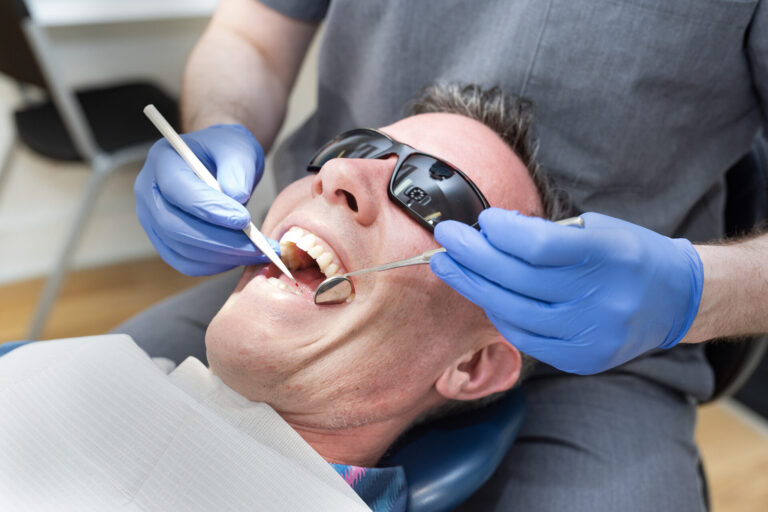
Teeth grinding can also happen during the day, mostly unconsciously. Raising your awareness during the day of when it is happening and taking active steps to reduce the amount of time your upper and lower jaw bite together, can help to alleviate some of the damaging effects.
As you grind your teeth, several impacts are occurring:
- Wearing away of enamel and tooth surface resulting in dentine exposure, sensitivity and less effective chewing action
- Receding gum line due to movement of the tooth.
- The pressure from grinding teeth can lead to tooth damage and fracturing
- Weakening of the tooth root due to the motion of constant grinding and movement
- Tension and pressure in the jaw joint
Teeth grinding treatment is important to halt any damage that has been done to the teeth and gums, and to prevent future teeth and gum deterioration.
Teeth grinding symptoms
There are many symptoms of which you may experience a few or many. In any case, consult your dentist if any of the following are present:
- Headaches, particularly of the sides of the head leading from the jaw joint.
- Teeth appearing worn, such as flattening of the biting surface
- Sensitivity in the teeth
- Tooth breakage
- Cheek biting or white ulcerous biting patterns along the cheek line.
- Indentations of the teeth in the tongue
- Receding gum lines
- Clicking noise when opening and closing the jaw
- Restriction on how far the mouth will open
- Pain or tenderness in the jaw (temporamandibular) joints
- Repeat loss of crowns or fillings
How can I stop teeth grinding?
Your dentist will recommend jaw exercises to help you relieve the tension in your jaw, however for best effect a dental splint Melbourne will be recommend for overnight usage to prevent grinding. The splint will keep your upper and lower teeth from connecting during the night and hence avoid the grinding and resultant damage.
During the day, aim to be aware of when you are likely to be clenching or grinding your jaw. Teeth grinding in Melbourne is often associated with higher stress or anxiety levels and being aware of the action may help you to manage it better.
The effects of tooth grinding are made much worse if there is too much acid in the mouth from reflux or acid fruit drinks, soft drinks and wine etc.
Definitely seek a dental opinion. Our East Melbourne dentists will take immediate action to halt further damage and outline a course of action to undo some of the detrimental damage that may have resulted.
If you continue to suffer headache or jaw symptoms then consult your dentist for further assessment. You may need treatment for temporomandibular joint syndrome.
Ready to schedule your appointment?
Book online directly, or give us a call and we will manage the process for you.


